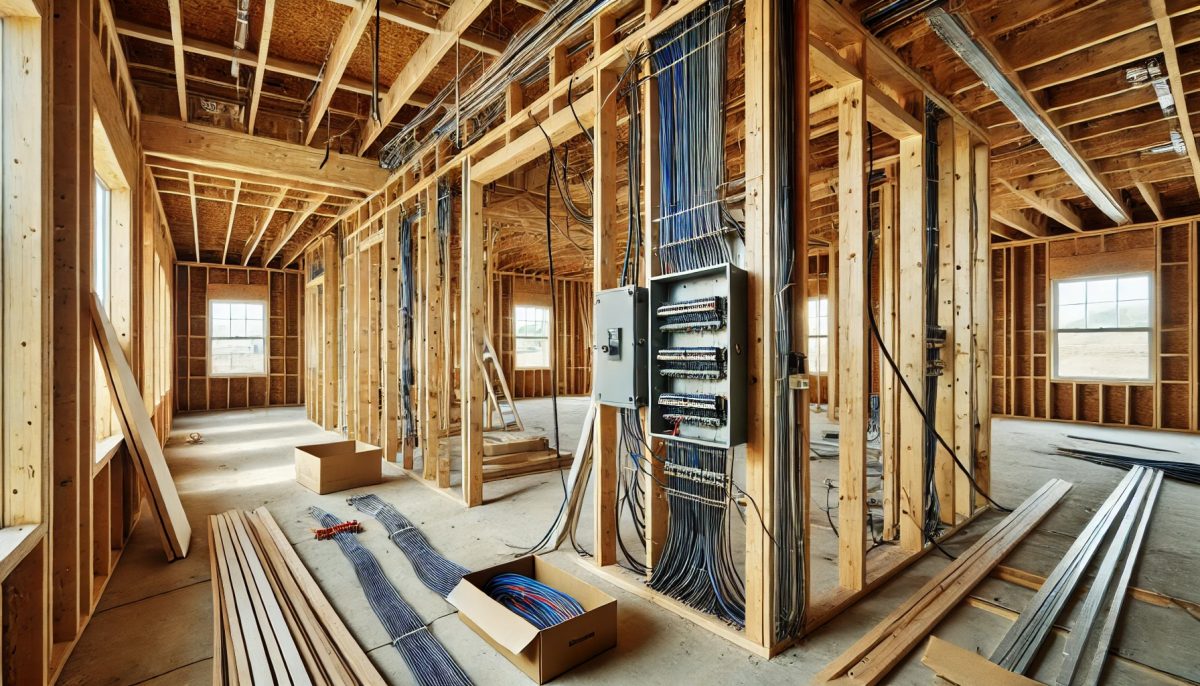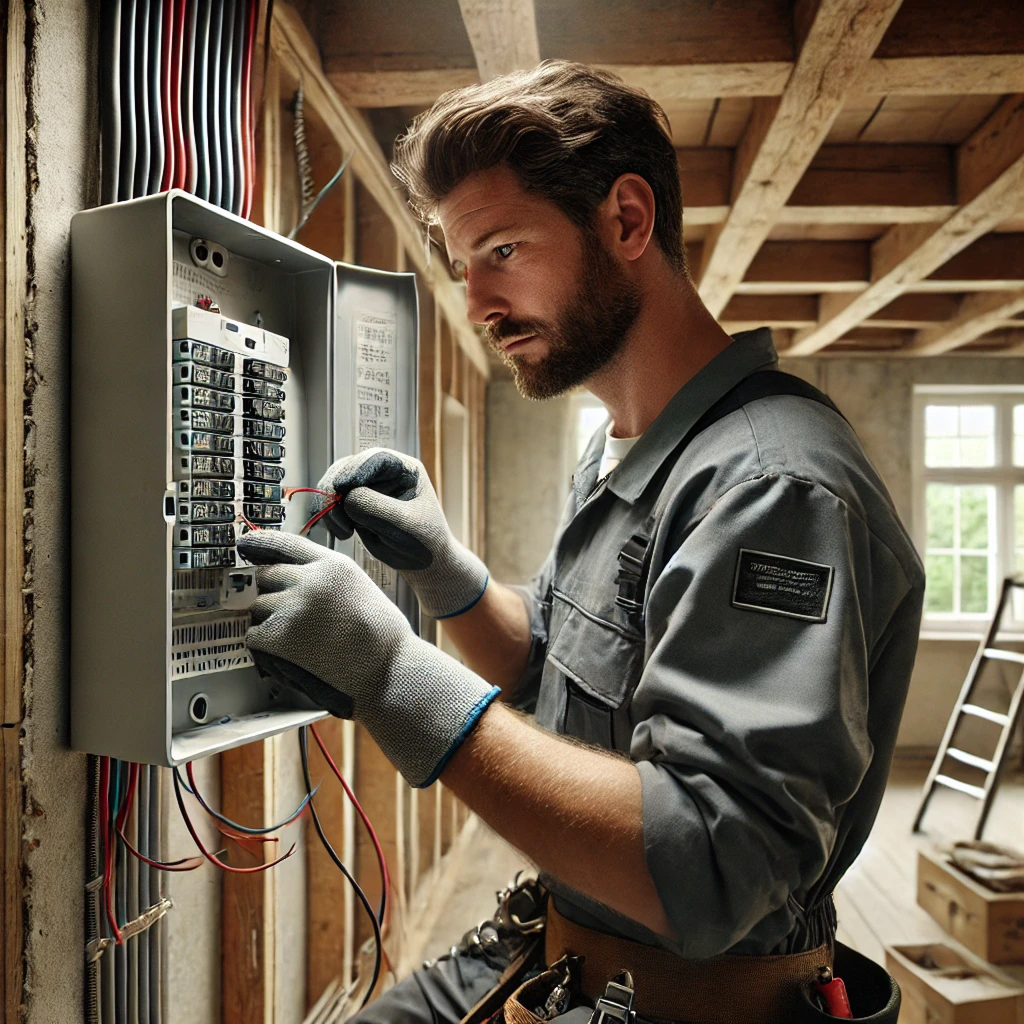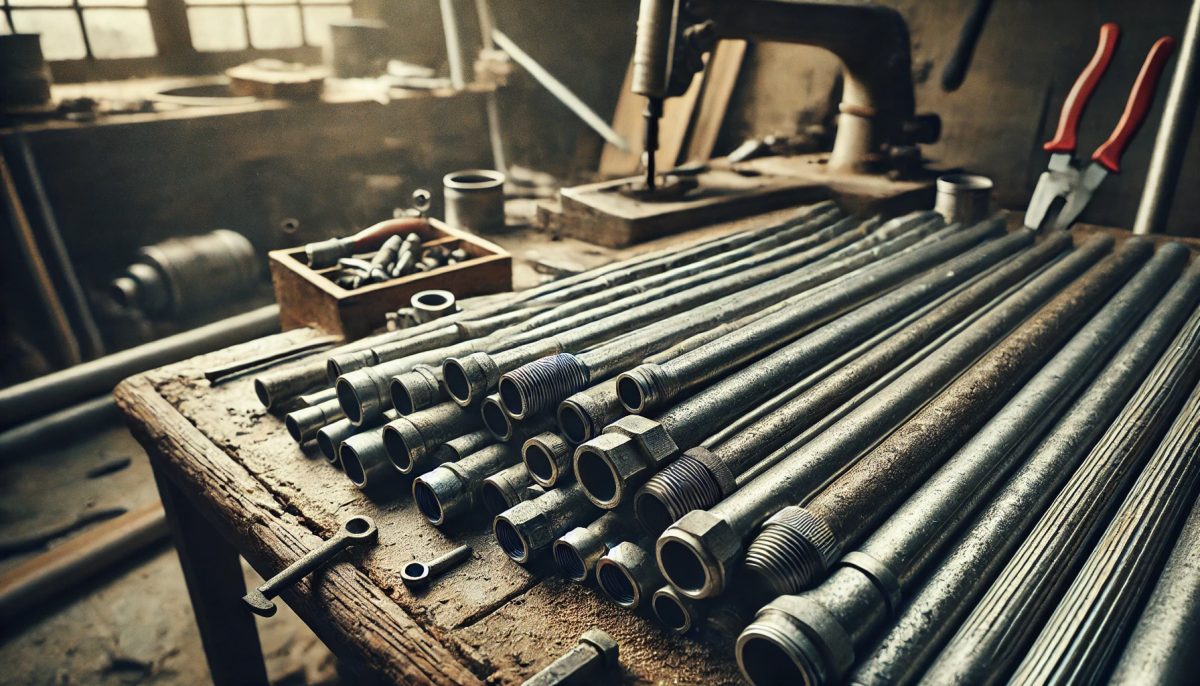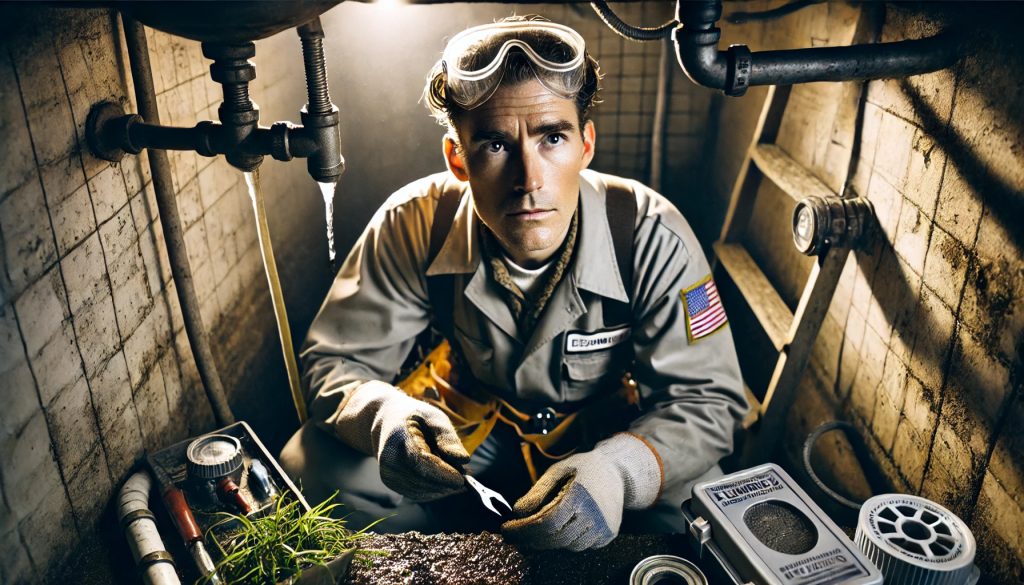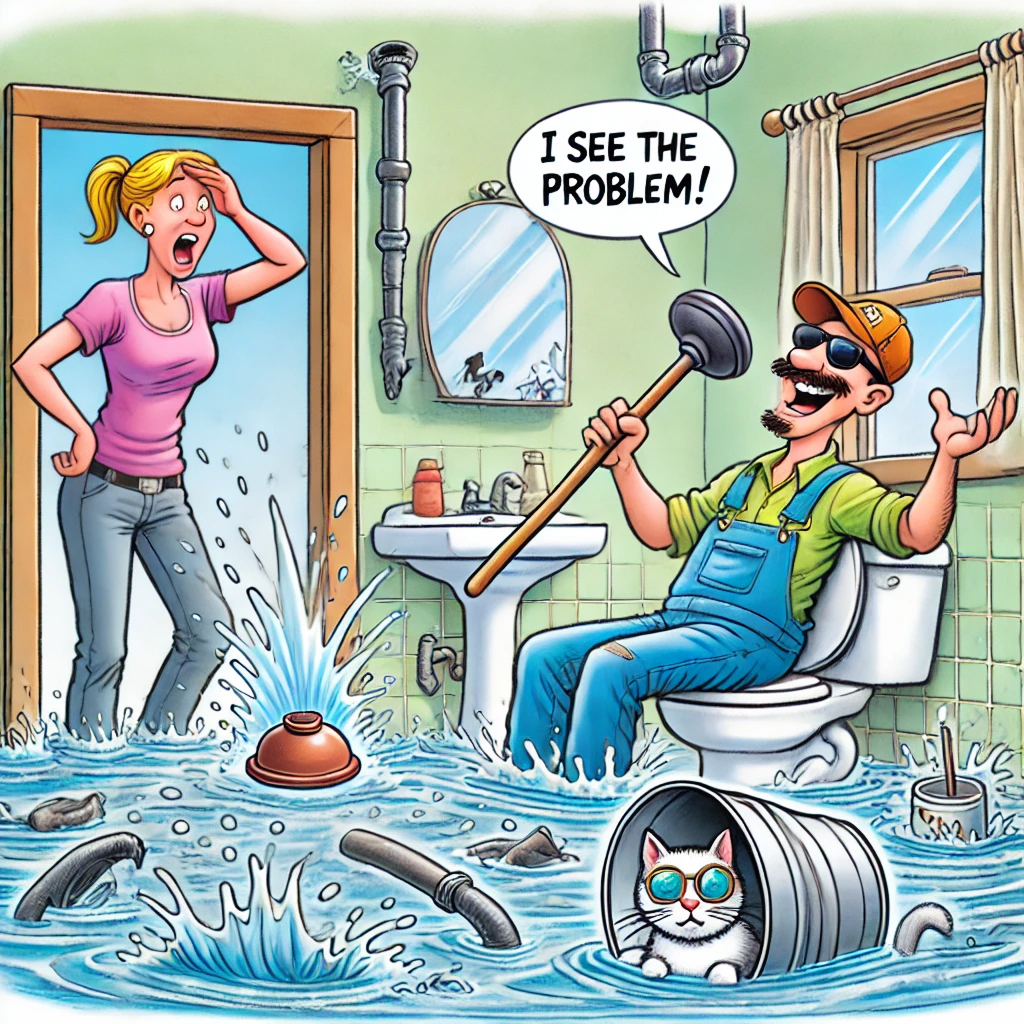Electricity is the backbone of modern living, making it crucial to hire a reliable electrician for repairs, installations, or inspections. This guide provides actionable advice to help you find the best local electrician while ensuring quality and safety for your home or business.
1. Why Hiring the Right Electrician Matters
Electrical work is complex and potentially hazardous. Choosing an unqualified electrician can lead to safety risks, code violations, and costly rework. Hiring the right professional ensures your project is completed safely and efficiently.
2. The Most Important Tip: Ask Other Professionals
The best way to find a good electrician is by seeking recommendations from other professionals in the trades and residential home improvement fields. Contractors, plumbers, and even other electricians can provide invaluable referrals to trusted electricians. These professionals understand the importance of quality workmanship and often have firsthand experience with reliable tradespeople.
We highly recommend using RevLink, a platform that connects you with verified tradespeople. RevLink ensures electricians are vetted, trusted by industry professionals, and part of a large referral network. If they can’t provide the service you need, they’ll recommend a trusted colleague and even make the call for you.
3. Seek Referrals From Friends and Neighbors
Ask friends, family, or neighbors about their experiences with electricians in your area. Personal recommendations are often more reliable than online reviews.
4. Verify Licensing and Certification
Ensure your electrician is licensed to operate in your area. Licenses indicate the electrician has undergone proper training and adheres to safety standards. Certification in specific systems or brands is an added advantage.
5. Check Reviews and References
While personal recommendations are great, online reviews can offer additional insights. Look for electricians with consistent positive feedback. Always ask for references and contact past clients to confirm their satisfaction.
6. Evaluate Insurance Coverage
Ensure the electrician carries liability insurance and worker’s compensation to protect against potential damages or injuries during the project.
7. Compare Multiple Quotes
Request at least three detailed quotes for your project. Compare pricing, timelines, and the scope of work to ensure transparency and fairness.
8. Assess Communication Skills
A good electrician will communicate clearly, answer your questions, and provide updates throughout the project. Effective communication is key to avoiding misunderstandings.
9. Check for Specializations
Some electricians specialize in residential work, while others focus on commercial or industrial projects. Choose an electrician whose expertise matches your specific needs.
10. Inquire About Warranties and Guarantees
Reputable electricians often offer warranties on their work and materials. This not only reflects confidence in their craftsmanship but also provides peace of mind.
11. Prioritize Local Knowledge
Electricians familiar with your area’s building codes, climate conditions, and typical electrical issues are better equipped to handle your project.
12. Avoid Basing Decisions on Price Alone
While cost is a factor, the cheapest option may compromise quality and safety. Consider the electrician’s reputation, expertise, and customer reviews before deciding.
13. Confirm Availability for Emergency Services
Electrical emergencies require immediate attention. Ensure the electrician you choose offers 24/7 emergency services or can respond quickly to urgent issues.
14. Verify Membership in Professional Organizations
Electricians who are members of professional organizations like the National Electrical Contractors Association (NECA) or International Brotherhood of Electrical Workers (IBEW) often uphold higher standards.
15. Trust Your Instincts
If an electrician’s behavior or responses make you uneasy, it’s okay to look for someone else. Trust your instincts to make the right choice.
Conclusion
Finding the right electrician is about more than just comparing prices—it’s about ensuring safety, quality, and reliability. By asking for referrals from trusted professionals, utilizing platforms like RevLink, and conducting thorough research, you can confidently hire an electrician who meets your needs.
FAQs
- What questions should I ask an electrician before hiring?
Ask about their license, insurance, experience, and whether they offer warranties on their work. - How can I verify an electrician’s credentials?
Check their licensing number with your state’s regulatory board and review any certifications they hold. - Why is insurance important when hiring an electrician?
Insurance protects you from liability if an accident occurs during the project. - What should a detailed electrician’s quote include?
It should outline the cost of labor, materials, permits, and a timeline for completion. - Can I rely on online reviews to find an electrician?
Online reviews can be helpful but should be used alongside personal referrals and verification of credentials.
